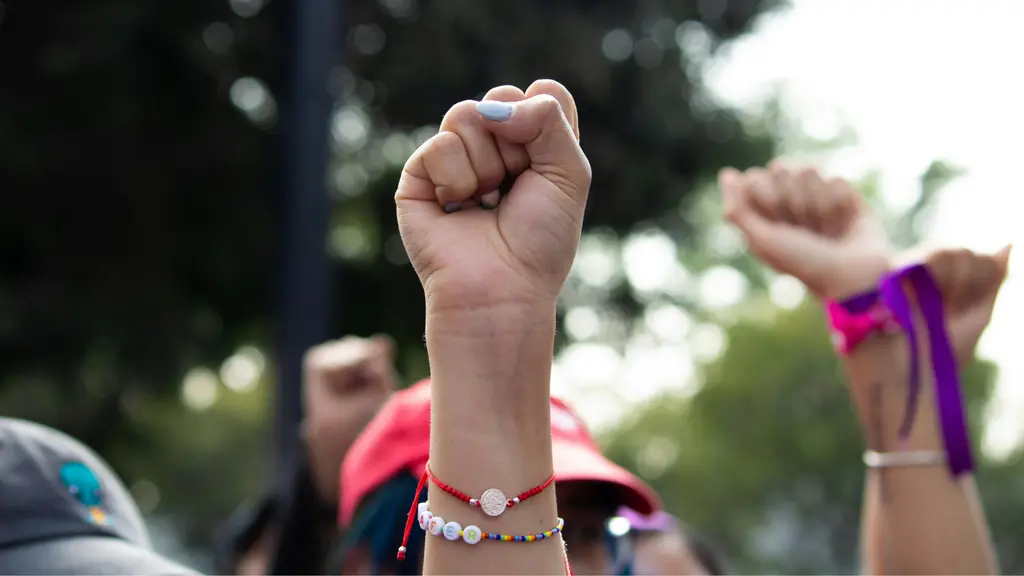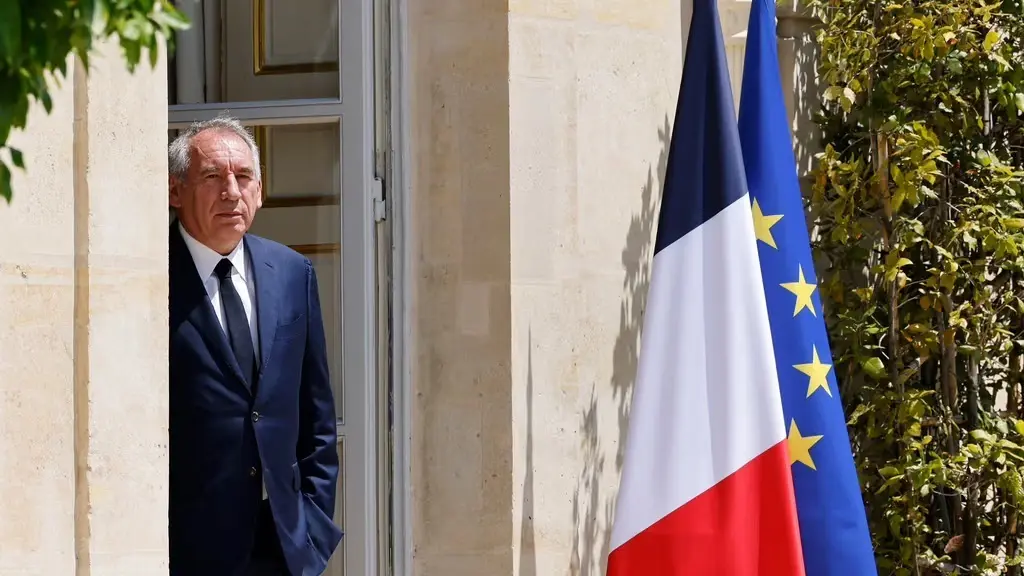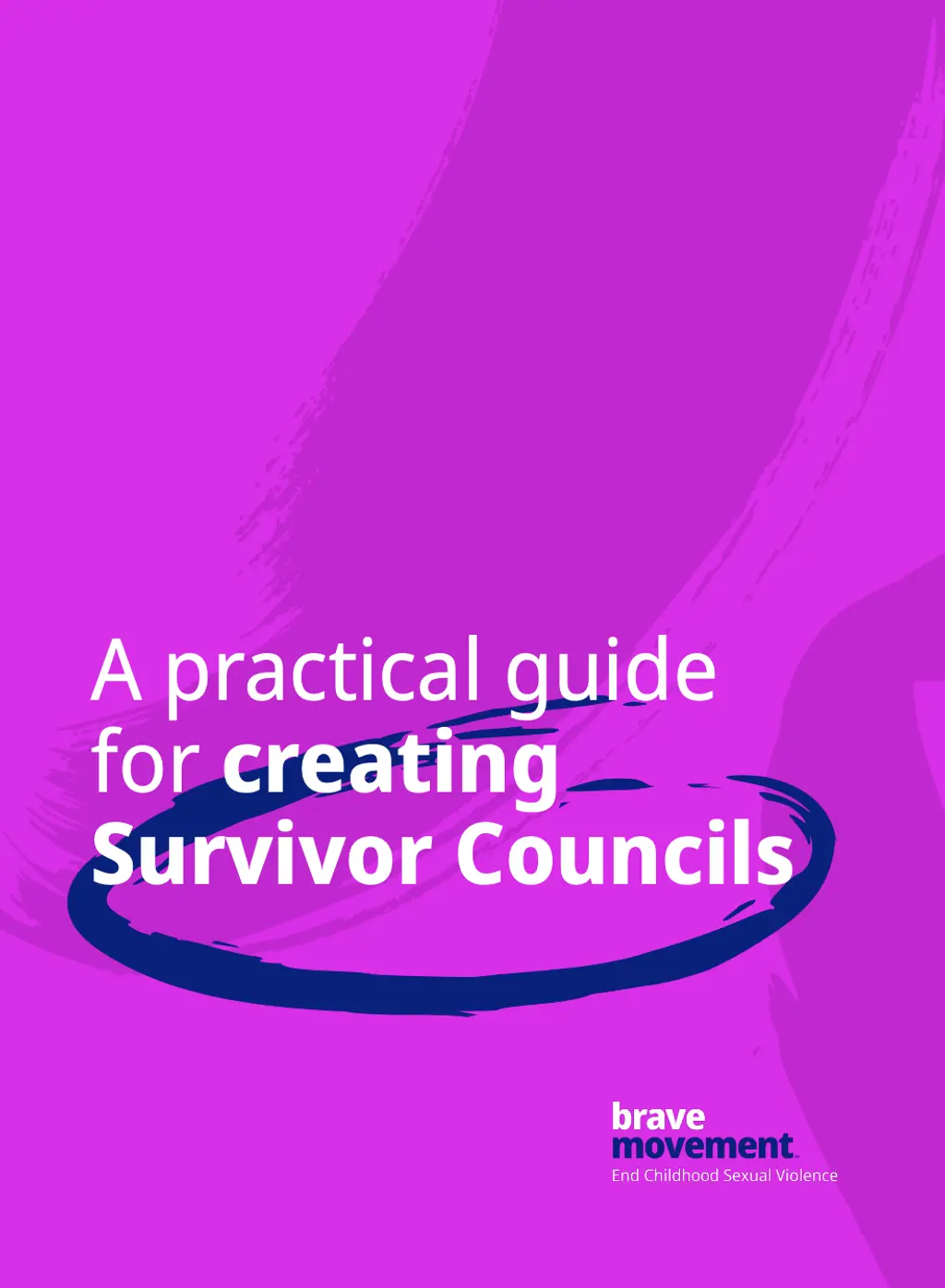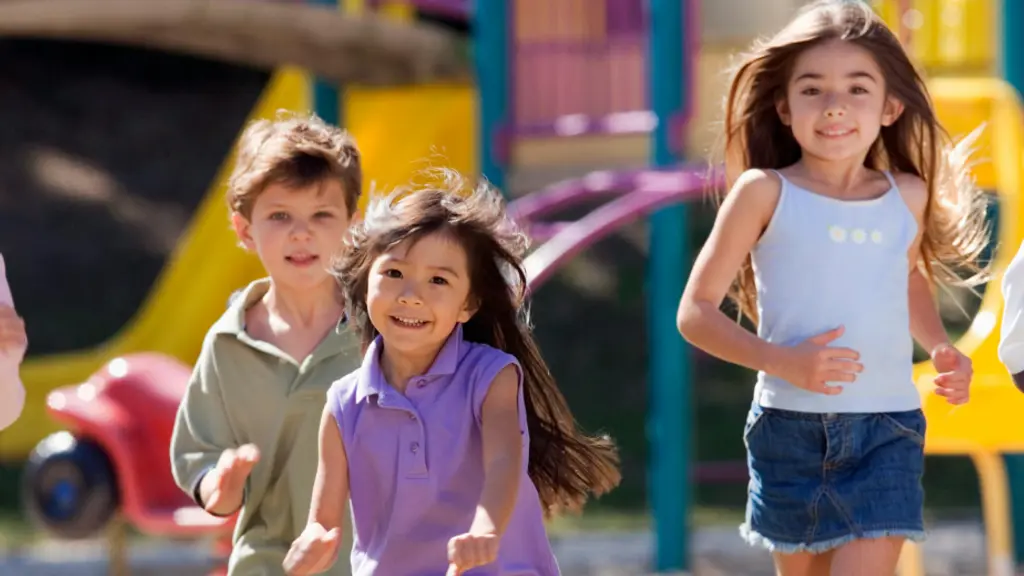Sensitive content
This site contains sensitive content that includes references to sexual violence.
Brave Movement

One of the greatest challenges in seeking to end this scourge is to persuade leaders that it lies within our power - their power - to do so. It’s the will that has to be found.
But the last week shows it is possible.
Yesterday saw the signing at the White House of the Take it Down Act. This bipartisan legislation makes it illegal to “knowingly publish” or threaten to publish intimate images without a person’s consent, including AI-created “deepfakes.”
It also requires websites and social media companies to remove such material within 48 hours of notice from a victim.
It shows what politicians can do when they set aside their ideological differences and unite to keep children safe. Introduced by a Republican and a Democratic Senator, the bill sailed through Congress with overwhelming support.

"We need our leaders to take this action because digital and social providers have failed so profoundly to protect our children"
More than 300 million children have been affected by online child sexual exploitation and abuse in the last year alone, with 10 cases of abuse reported every second. In the US alone, 1 in 9 men have offended. It is a crisis expanding exponentially.
As survivors of child sexual violence, we know its impact. We also know that violence which may start online goes beyond the screen, It impacts children in the physical world through bullying, blackmail and acts of sexual violence. Now we need other governments to follow suit.
Last Wednesday it was the Prime Minister of France who delivered a major step forward in our fight for child safety and survivor involvement.
François Bayrou gave his public support - for the very first time - for the creation of a national survivor council, bringing closer the establishment of a body made-up of survivors of abuse, to advise on legislation, policies, and programs aimed at ending it.
Because of their lived experience, survivors and victims have a major role to play in combating violence against children. A National Council of Survivors and Victims is the essential body to harness this knowledge and strengthen public policies aimed at ending this violence.
The Brave Movement will be doing all it can to support the creation of this Council in France, which can amplify survivor voices, provide an exchange platform for experts and survivors and serve as an invaluable resource in the development of policies tackling child sexual violence. We hope and expect other countries to follow.

Support from France’s Prime Minister for the creation of a national survivor council has been welcomed by the Brave Movement as ” An essential step towards ending violence against children in France .” The announcement, made by François Bayrou today at the National Assembly in Paris brings closer the establishment of a body made-up of survivors of abuse, to advise on legislation, policies, and programs aimed at ending it. Brave stands ready to support the creation of a Council which can amplify survivor voices, provide an exchange platform for experts and survivors and serve as an invaluable resource in the development of policies tackling child sexual violence .” Constance Bertrand, French survivor spokesperson of the Saint-Dominique de Neuilly-sur-Seine survivors' group said: “ A National Council would be an initiative that gives victims a voice and a place.

This practical guide aims to support survivors, civil society organisations, and their government allies in establishing survivor councils to inform policy on ending violence against children.
On this day last week we saw the first ever vote by MEPs in favour of abolishing time limits in all EU countries for the prosecution of child-sex-offenders.
The Civil Liberties, Justice and Home Affairs Committee of EU parliamentarians endorsed - by 57 votes to 0 - the first ever EU text calling for the end of all statutes of limitations for sexual crimes against children.
Currently millions of survivors across the EU - and many other countries across the world - are deprived of access to justice by such time limits, which allow perpetrators to evade prosecution and remain in dangerous contact with other children.
The Committee also endorsed the abolition of time limits for survivors to get financial compensation from their perpetrators for the harm they have suffered due to the sexual abuse.
And the same text delivered historic recognition to survivors, giving those who have experienced sexual violence in childhood but have not been recognised as a victim by a legal process the chance to have a voice and access assistance.
Now we need all MEPs to cement the European Parliament’s role as a strong leader in the fight against childhood sexual violence in the forthcoming parliamentary vote on this text next month.

What unites these three landmark moments, even beyond their progress towards ending all violence against children, is they show leaders can be persuaded to take action.
"We know - and can prove - that change is possible, that solutions to ending all violence against all children do exist."
We have joined with many other allies, civil society partners, child rights organisations, and activists in pressing for action. Leaders are willing to listen, in particular to survivors with lived experience of the impact of sexual violence against children.
Our work is to convince them of the urgency to act, the ability to bring about real and lasting change and the huge benefits to children, their communities and societies in doing so.
We need all governments to enact legislation and regulation to make children safe online. We need statues of limitations on sexual crimes against children abolished everywhere. And we need survivors to play a full participatory role in every country. The last seven days show it can be done. Now, let’s do it.
